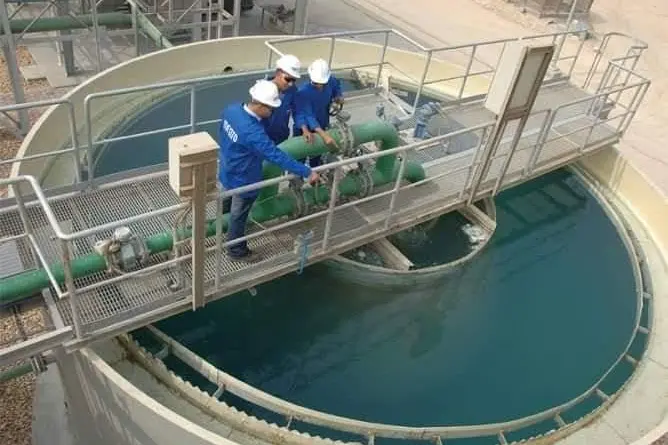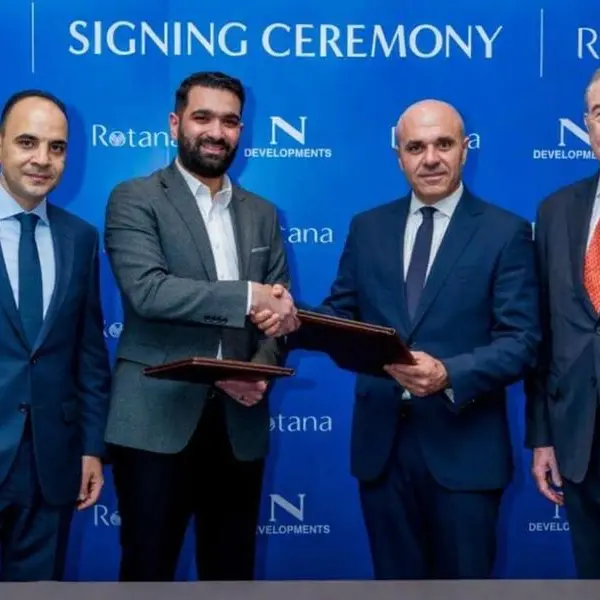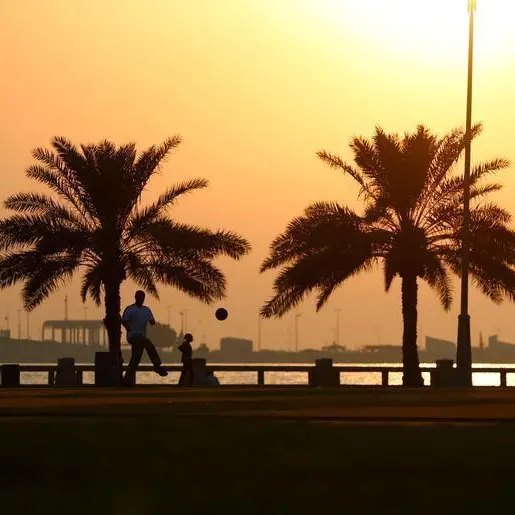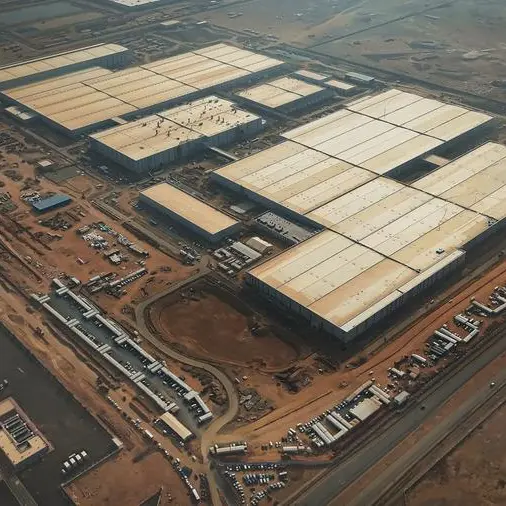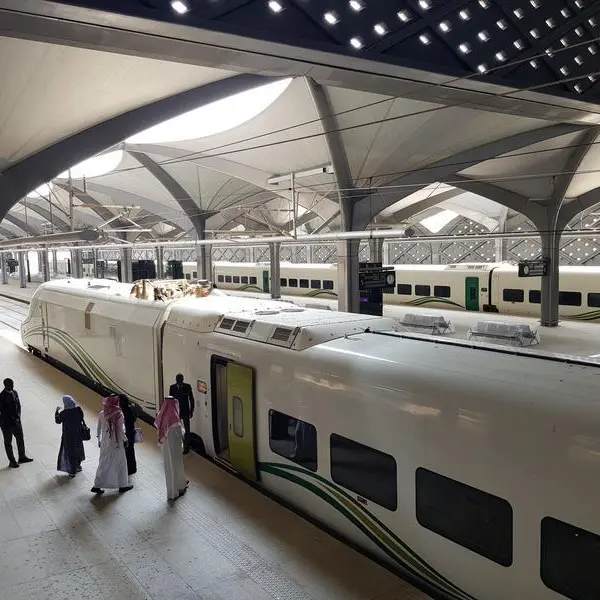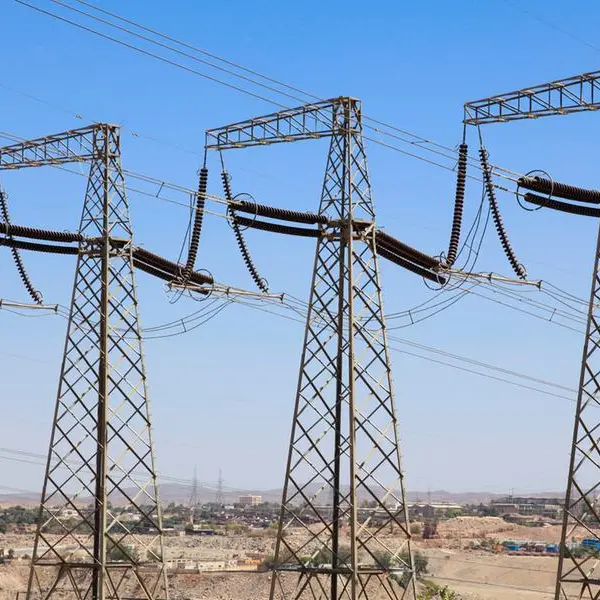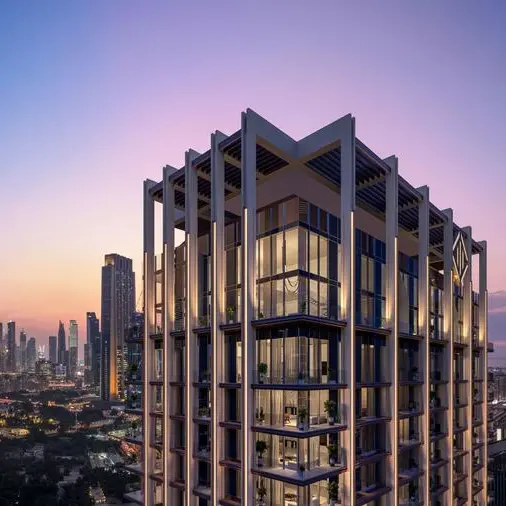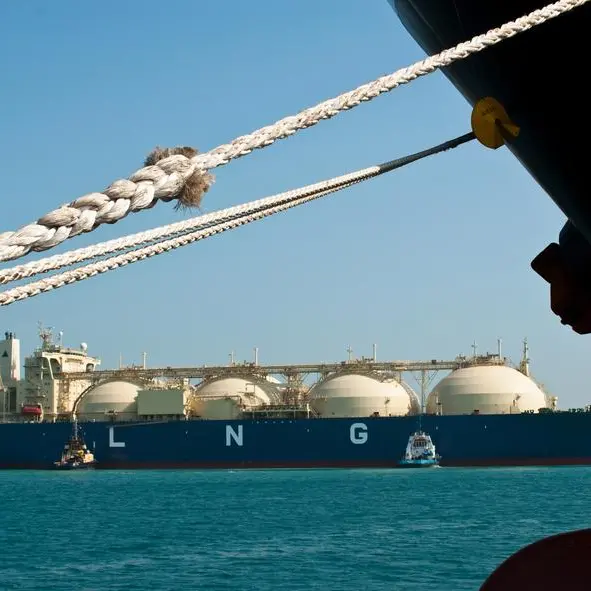PHOTO
What makes the Egyptian water market attractive for international companies like Metito?
Egypt requires 114 billion cubic metres of water, while the Nile-produced water currently accounts for approximately 61 billion cubic metres. The Egyptian government, therefore, launched the 2017-2037 National Water Resources Strategy to address the country's water-related challenges, with an investment of $55 billion and four pillars focused on developing water resources (desalination and recycling), enhancing water quality, rationalising water use, and creating an enabling environment.
The government had announced that it plans to produce 10 to 12 million cubic metres (m3/day) of water through seawater desalination, and to date, has successfully helped bring online one million m3/day, making the Egyptian water sector an attractive market for investments by local, regional, and international companies.
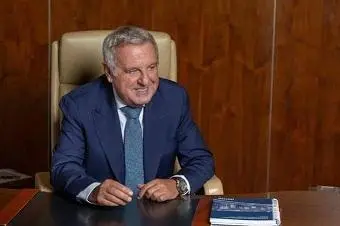

Kareem Madwar, Managing Director of Metito Africa.
Moreover, we have seen remarkable projects developed in partnership with the private sector, making the market potential even more attractive. The Al Mahsamma agricultural drainage recycling and reuse project completed last year is a recent example of such collaboration. The $100 million project was built by a joint venture of Metito and Hassan Allam Construction under the supervision of the Armed Forces Engineering Authority. It's the biggest project of its kind in the world, producing one million m3/day of recycled water, which is used to irrigate 70,000 acres of agricultural land in the North Sinai region. The project has already won four international awards as a pioneer in this field.
This is not a one-off, short-term vision but a proactive approach to national water security in line with Egypt's Vision 2030 to sustain natural resources and provide clean water and sanitation services to all parts of the country.
What is the total value of Metito's projects in Egypt?
We have been working in Africa for 30 years in about 25 countries, with Egypt serving as the central hub for our operations in the continent. Our investments are estimated at $1 billion in Africa alone, out of which Egypt accounts for 20 percent. We will continue to strive to increase the volume of our business in the coming years.
Could you provide a status update on the water projects being implemented by Metito in Egypt?
In Egypt, Metito is mainly involved in projects for seawater desalination and the treatment and recycling of agricultural and sewage water for drinking or irrigation purposes. Last year, we delivered the one million m3/day Al Mahsamma agricultural drainage recycling and reuse project. In 2019, we had delivered the 150,000 m3/day El Galala station in partnership with the Engineering Authority of the Armed Forces. We also built the 80,000 m3/day Yusr seawater desalination plant in Hurghada, which is strategically important as the city is a leading tourist destination in Egypt with a high population density.
We are also involved in seawater desalination projects on Egypt's Mediterranean coast to supply high-quality drinking water for the local population. The upcoming plant in the city of Arish will have a capacity of 100,000 m3/day, while the plant in East Port Said, which was completed in July, has a total capacity of 150,000 m3/day.
In March, a Metito-led consortium including Orascom Construction, Hassan Allam Holding, and Arab Contractors was awarded the design, supply, construction, and a five-year maintenance contract for the 7.5 million m3/day El-Hammam agricultural wastewater treatment plant. When completed, the $739 million project will be the largest of its kind in Egypt and contribute to the reclamation and irrigation of nearly 500,000 acres west of the Nile Delta area.
Such mega-projects not only provide clean and safe water but also contribute to the expansion of agricultural areas. Additionally, they catalyse industry and investment, create new job opportunities, and facilitate new agricultural and residential communities.
Outside Egypt, what are the projects you are currently implementing?
In Africa, Metito is now operating the Kigali bulk water supply PPP [Public Private Partnership] plant in Rwanda, which serves more than 500,000 citizens, with a capacity of 40,000 m3/day. This is the first PPP project of its kind in Sub-Saharan Africa.
In Europe, Metito was awarded the PPP contract to develop a 25,000 m3/day wastewater treatment plant in Serbia, which is the first and also largest project of its kind in the country. The project is worth 32 million euros and has a duration of 25 years.
The world is coming to the end of the second year of an evolving COVID-19 pandemic. How has Metito dealt with the pandemic's impact on project execution and operations?
Water was identified as an essential sector across key markets, so we never stopped. In fact, we were the first company operating in the Middle East and North Africa infrastructure sector to get a financing facility of $20 million from the International Finance Corporation as part of its $8 billion Fast Disbursement Facility. This was launched in March 2020 to help companies operating in vital sectors to become more resilient in the face of global challenges resulting from the pandemic.
Automation, shared services, and the digitisation of workstreams and systems ensured business continuity. Moreover, the stringent measures taken by the company on a global level prioritised the health and safety of human resources, which helped ensure that there was no downtime and/or lost time due to outbreaks.
There were some supply chain challenges, but with a diversified network and fully operational local offices, we could continue delivering projects, some even on a fast-track basis.
In Saudi Arabia, a Metito-led consortium achieved the financial close of the kingdom's first independent sewage treatment concession, while in Egypt, our joint venture with Hassan Allam Construction completed and launched the Al-Mahama project on schedule.
What are the new opportunities being pursued by Metito in Egypt?
We are honored to have worked with the Egyptian government on many national projects, and we are in continuous communication for potential new ones.
The government plans to produce 10 to 12 million m3/day of potable water through seawater desalination projects, and we hope to play an active role in such plans.
Metito, alongside other key players in the market, is also discussing the possibility of using the PPP model to implement these projects and using renewable energy sources in line with the government's direction to expand the use of solar energy in electricity generation and seawater desalination.
On a concluding note, what are the top challenges facing the global water industry today?
Climate change is a significant challenge, and to address it, we need to have a committed approach by all stakeholders within a more global eco-system.
Another challenge is the need to timely adapt to more high-value engineering, integrate modern ways of doing things, especially when it comes to water-intensive sectors such as agriculture. We are keen to be the pioneer in adapting to these challenges by applying the latest technologies in all our operations and projects.
Encouraging more private sector involvement, especially in PPP projects, is essential to realise more lifeline water projects faster without putting extra pressure on the government.
Lastly, managing water resources must also include managing the demand side by creating awareness of water scarcity and ways to preserve water and revising water subsidies to ensure the actual value of water is reflected.
(Reporting by Marwa Abo Almajd; Editing by Anoop Menon)
Disclaimer: This article is provided for informational purposes only. The content does not provide tax, legal or investment advice or opinion regarding the suitability, value or profitability of any particular security, portfolio or investment strategy. Read our full disclaimer policy here.
© ZAWYA 2021
